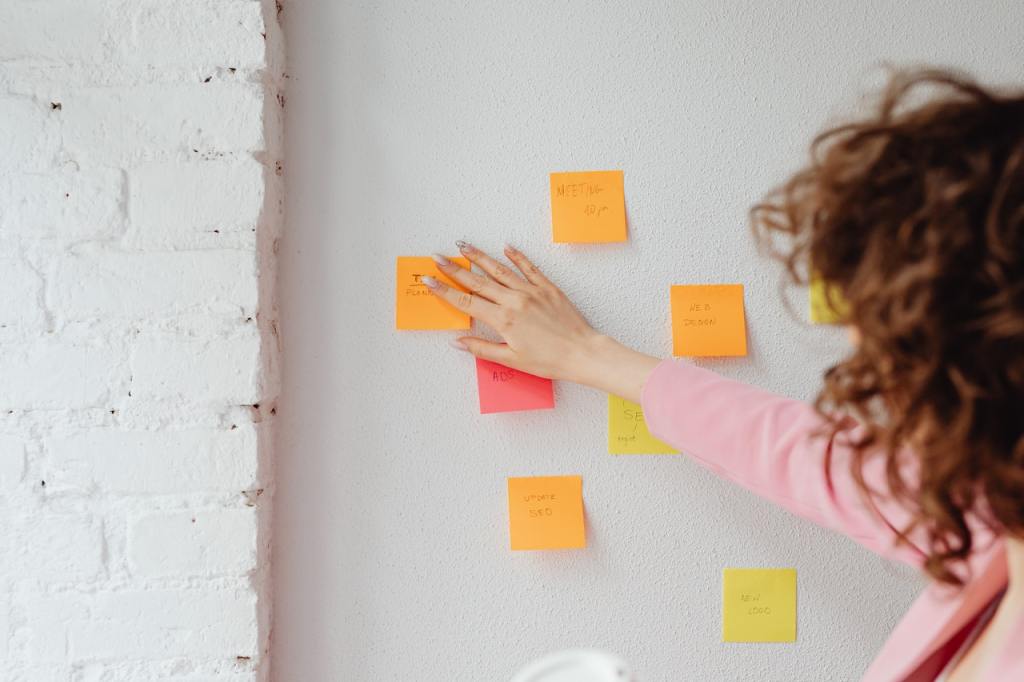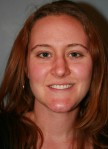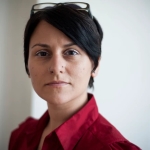In this series, Editors Toronto members and BoldFace contributors share their experiences, insights, and tips on the practical aspects of working as an editor or writer. The previous edition of “Editors Advise” dealt with organizing your work to stay focused and maintain mental balance. For this edition, seven editors talk about their weaknesses and the strategies they have to overcome these challenges.

Are you aware of your editorial weaknesses, and how do you deal with them?
Amanda Clarke (she/her), freelance fiction editor
I am a terrible speller (I’ve never passed a spelling test in my life), and I have trouble wrapping my head around hyphenation. This means that I look up spellings if I have even the slightest doubt, and I run every document I edit through multiple spell-check programs and PerfectIt. My copy of The Chicago Manual of Style falls open to the hyphenation chart because I’ve referenced it so many times.
I think the important thing to recognize is that no one can excel at every aspect of a job, and it’s a sign that you’re good at what you do when you are aware of what needs to be double-checked and what you need help with. Knowing what you don’t know is just as important as what you do know.
Erin Della Mattia (she/her), writer and burgeoning freelance editor
Numbers! Any numerical representation of information, really. I’ve never been great at math, and I find certain types of graphs and charts difficult to parse, so even though I’ve taken copy editing courses that cover numbers, charts, and the like, numbers are still a weak point.
Thankfully, nothing I’ve worked on so far has involved a lot of numbers, but I do have a numbers “cheat sheet” from a copy editing course that outlines approaches to the treatment of numbers in the main style guides, which is really handy. When I do have to deal with a lot of numbers, I just have to take extra time to get it right.
Adrineh Der-Boghossian (she/her), project manager and freelance editor
Good question! I am aware of some of my editorial weak points—I’m sure I have more. I deal with them by either not taking on work for which I’m not qualified (that goes without saying) or pursuing CPD (continuing professional development) so I continue to learn and grow, overcoming those weaknesses.
Alex Marcoccia (he/him), editor-in-chief and freelance editor at Self Pub Hub
I think reading from a variety of sources and styles and perspectives can help illuminate such weak spots. Even not knowing what yours are, I think the important thing is to accept we all have weaknesses. Get feedback and input. And when you or someone else sees an area for improvement, be open to change. As Roy Peter Clark recommends in his book Writing Tools, resist the urge to defend your work. Accept all criticism you receive. I know it’s easier said than done, but it will, inevitably, make you better at your work.
Berna Ozunal (she/her), certified professional editor and editing instructor
A big part of the work I do daily is looking for biased and noninclusive language. The subtleness and pervasiveness of it is really incredible. You can read something 20 times and still miss it. It’s what I’m working on most these days. I am always learning, and I intend to keep learning.
Vilma Indra Vītols (she/her), freelance editor-in-training
I discovered in a proofreading course that I tend to miss things like triple letters where there should only be two (for example, skiiing instead of skiing), so now I’m on high alert for them. I’m sure I have lots of other weak spots—I’m in a constant state of learning.
Michelle Waitzman (she/her), writer and copy editor
I work with a lot of clients who have their own in-house style guides, so I find it really hard to remember the exact details of each one. Which clients use sentence case for headings? Which ones hyphenate decision-maker? Should all Latin words be italicized? So I make myself stop and consult style guides more often than I really want to.
Also, I’m not a perfectionist (I call myself a “good-enoughist”!), which goes against what people tend to think about copy editors—and proofreaders (which I no longer work as). When I copy edit, I need to catch all those little things that I honestly don’t care that much about—for example, if someone is summarizing a case decided by the Supreme Court, should they call it “the court” or “the Court” in subsequent mentions? (Answer: It depends on the publisher’s house style.) I use PerfectIt to help me with longer manuscripts where I might have missed an incorrect hyphenation or capitalization or an American spelling somewhere along the way.
This article was copy edited by Natalia Iwanek.








Love this post. I appreciate the humility and self-knowledge of each of these answers. Numbers are my weakness too. I have to stay vigilant about my brain’s attempts to simply skip over them!
LikeLike
Hi Małgosia, thank you for a lovely comment and for sharing your own vulnerability. This blog’s editor-in-chief’s weakness is remembering to check headings :-). And the solution that seems to work best is to have a checklist.
LikeLike
That’s exactly how it is for me. Numbers are like their own language, and it’s one that I don’t “speak” very well. But, the benefit of knowing your weakness is that there’s an element of predictability to it, so you can prepare yourself to slow down and take your time prior to editing a new piece, or at least plan to do more passes than you would on pieces without numbers.
LikeLike
I agree that knowing your weaknesses is key! And slowing down and using a good checklist is also great advice.
LikeLike
After reading the other answers to this question, I realize I could have mentioned many more of my own weaknesses. It’s humbling to know that even editors with years of experience have to consult style guides repeatedly or miss biased language. I am encouraged to keep trying and learning.
LikeLike